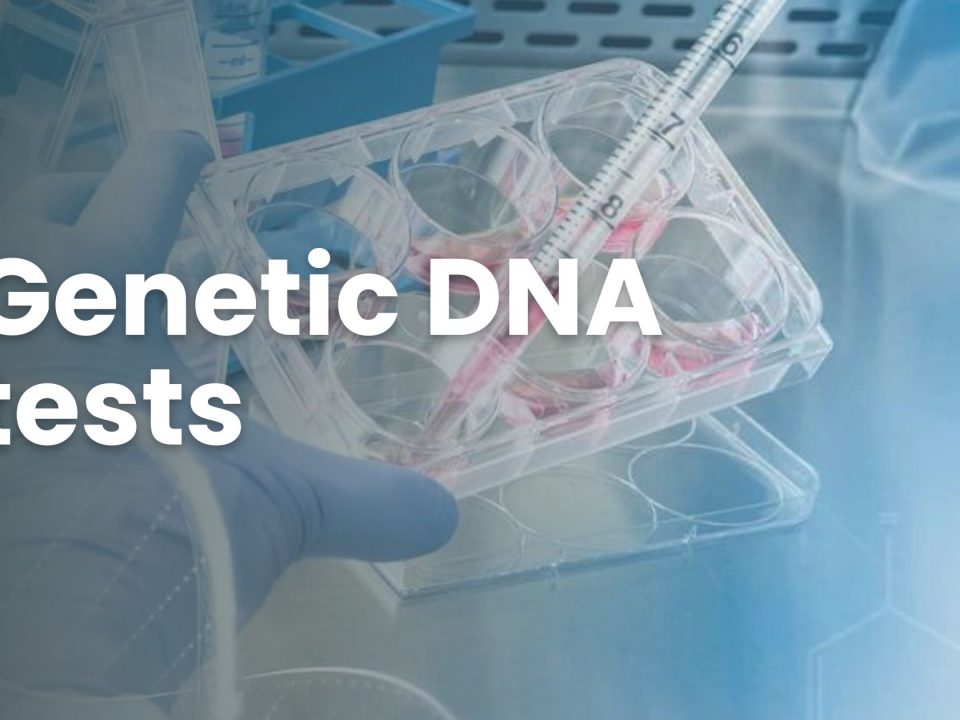What is genetic testing and why is it done?

Cordocentesis
January 20, 2022
Advantages of targeted exome sequencing in contrast to whole-genome/exome sequencing?
January 24, 2022What is genetic testing?
Genetic testing involves examining your genetic material (DNA). DNA is a hereditary material in humans that carries all the information and instructions for your body’s functions. In genetic testing, this DNA is used to determine whether a person has any mutations in their genes or not. Mutations in genes can cause severe disorders in an individual like Down syndrome, cystic fibrosis, etc.

Read more:-Prenatal Diagnosis
Genetic testing is used to gain information about the disorder but there are limitations when it comes to the treatment or prevention of the disorders. Also getting a positive result doesn’t always mean that you have the disorder or you will develop the disorder but getting a negative result also doesn’t mean you don’t have a certain disorder.
Why genetic testing is done?
Genetic testing can play a vital role in identifying the risk of inheriting a particular disease and determining medical treatment. There are many types of genetic testing that can be done in different situations to obtain information about the disorder like:
Carrier testing– this type of testing is done to determine whether you are a carrier of a certain disease that you might pass on to your offspring.

Prenatal testing– this testing is done during pregnancy to determine the risk of the fetus developing a genetic disorder due to any kind of mutation.
Diagnostic testing- this type of testing is done when a person shows certain symptoms related to a genetic disorder to confirm whether the person has that genetic disorder. For example- cystic fibrosis Huntington’s disease, etc.
Predictive testing– this type of testing is done when a person has a family history of certain genetic disorders. This test is done to determine if there are any chances of developing that disease in the future.




